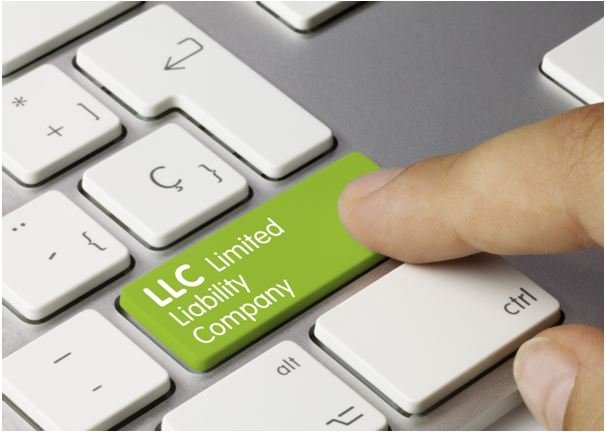It is predicted that there will be 17 million new businesses in the US in 2022.
Starting a small business has many advantages, including tax advantages, budget control, hiring employees to help run the company, and much more. However, one of the most fundamental questions of starting a business is deciding between an LLC and an LP.
An LLC vs LP is one of the most debated issues concerning starting a business. We’ll discuss the different types of business entity in this article, helping you decide on LLC vs LP.
Difference Between LLC vs LP
An LLC, or limited liability company, is a business entity that offers limited personal liability protection to its owners. While an LP, or limited partnership, is a business entity with both general and limited partners. While both business entities offer some degree of liability protection to their owners, the two have distinct differences.
The most significant difference between an LLC and an LP is that an LLC offers its owners limited personal liability protection, while an LP does not. It means that if the business has lawsuits, the owners of an LLC are not liable for the business’s debts. However, the owners of an LP are responsible for the business’s debts.
Another difference is that LLCs are much more flexible when it comes to the ownership structure. An LLC can have any number of owners (known as members), and they can be individuals, corporations, or other LLCs. On the other hand, LPs must have at least two owners (known as partners), and they can only be individuals or certain types of organizations.
Furthermore, LLCs are not required to have a formal business structure, while LPs must have a general partner responsible for managing the business. It can make LLCs a more straightforward and attractive option for starting companies.
LLC vs LP on Taxation
The main difference between the two is that LLCs have pass-through taxation, meaning there will be no taxes for the business itself. Instead, the taxes are “passed through” to the owners and will have taxes depending on their income tax returns.
LPs, on the other hand, will have taxes as a corporation. It means the business will pay the taxes depending on its income. The owners of an LP are then taxed on the distributions they receive from the company.
Which is Better for Your Business
LLCs are often more suited for smaller businesses, as a single owner or a group of owners can run the company. It makes them more nimble and easier to manage. On the other hand, LPs are used by larger businesses that need a bit more structure. They must have at least two partners and file annual reports with the state.
You should also know about the different types of partnerships and operating agreements as it can affect the operations of the business. Please visit this link if you want to get more info on LLC and LP partnership agreements.
Choose the Right Business Entity for More Success
An LLC is a business structure that can offer personal liability protection and tax benefits. An LP is a business structure that is less formal and can provide flexibility in management and ownership. When choosing a business structure, it is vital to consider the liability protection and tax implications.
Visit our site for more exciting articles!





























































